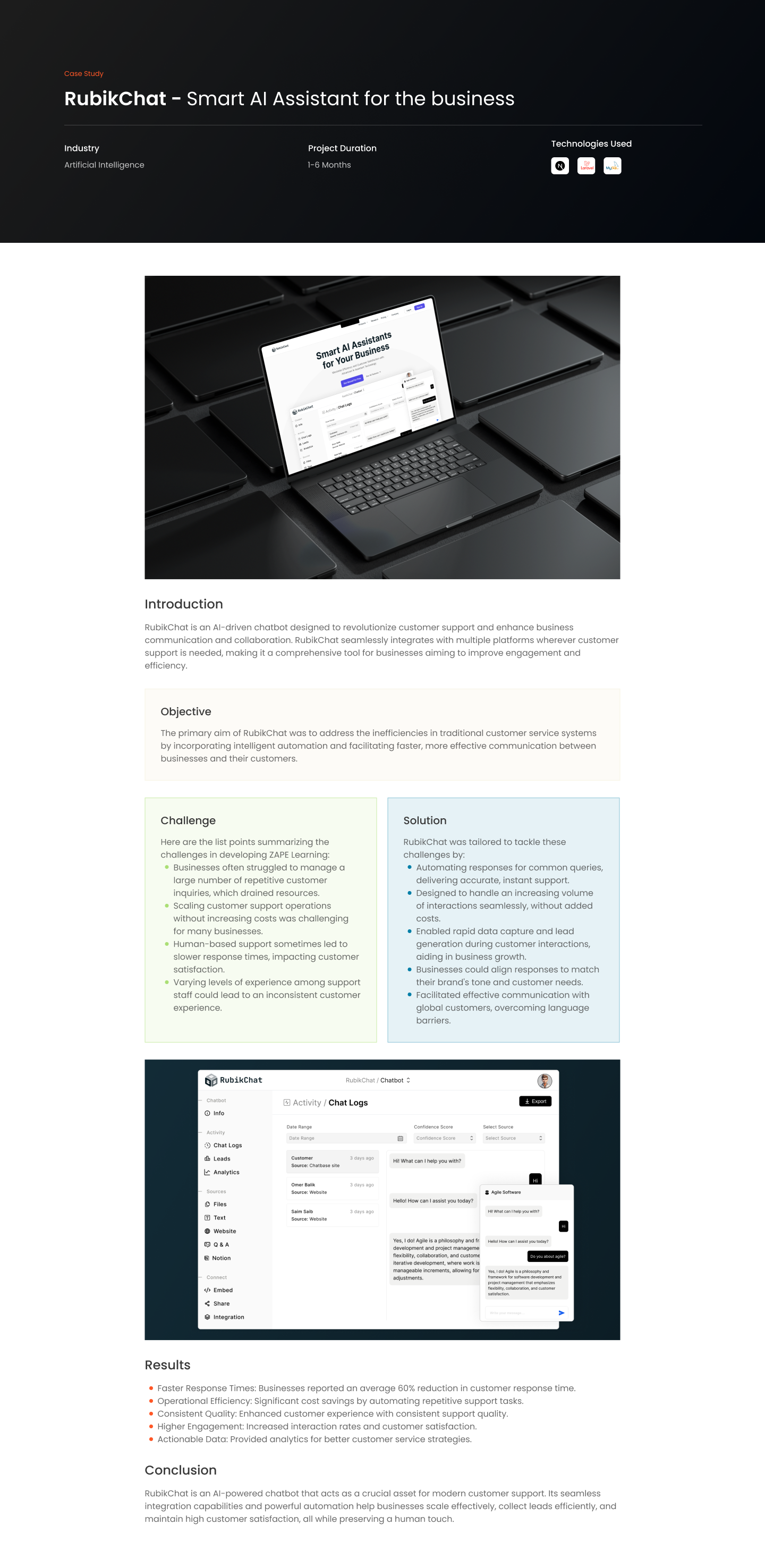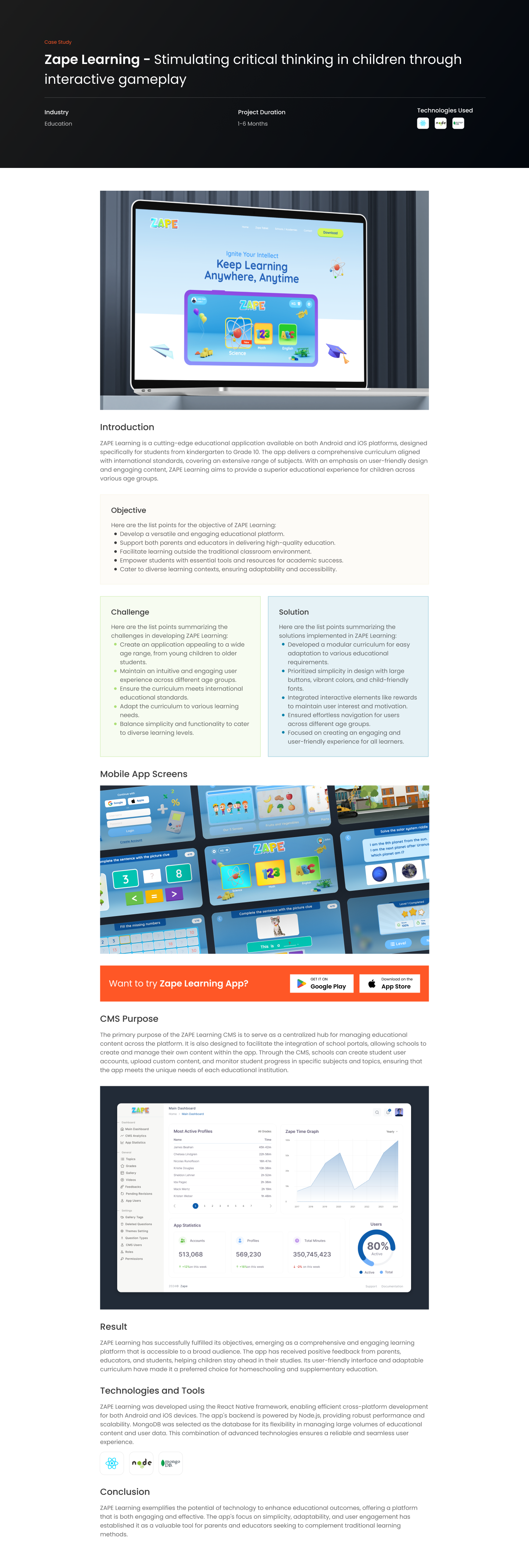Introduction
This blog will delve into the fundamentals of quantum computing, its stark contrast with classical computing, and the revolutionary impact it promises for various fields. For tech enthusiasts, professionals, or anyone intrigued by the future of computing, this exploration offers a glimpse into a realm where the rules of physics open new doors to processing power.
What is Quantum Computing?
Quantum computing is a type of computing that leverages the principles of quantum mechanics, the science that governs the behavior of matter and energy on the atomic and subatomic levels. It represents a fundamental shift from classical computing, promising to tackle complex problems that are currently beyond the reach of traditional computers.
Principles of Quantum Computing
1. Qubits: Unlike classical bits, qubits can exist in multiple states simultaneously, thanks to superposition.
2. Entanglement: A phenomenon where qubits become interconnected and the state of one can depend on the state of another, no matter the distance apart.
3. Quantum Gates: Perform operations on qubits, manipulating their states and interactions to perform calculations.
Potential Applications
1. Cryptography: Quantum computing could render current encryption methods obsolete and pave the way for ultra-secure quantum encryption.
2. Drug Discovery: Accelerating the process of simulating and analyzing molecular structures for drug development.
3. Financial Modeling: Powering complex economic simulations and optimizations.
4. Climate Modeling: Enhancing the accuracy of climate predictions by processing vast amounts of environmental data.
5. Artificial Intelligence: Driving advancements in machine learning by rapidly processing and analyzing large datasets.
Challenges in Quantum Computing
1. Technical Complexity: Building and maintaining qubit stability is technically challenging due to quantum decoherence.
2. Scalability: Scaling up quantum computers to have a significant number of qubits for practical applications is a major hurdle.
3. Software Development: Developing algorithms and software that can fully leverage quantum computing is still in its infancy.
Quantum computing, while still in the early stages of development, is poised to redefine the capabilities of computational power. It holds the promise of solving some of the most complex problems in science, medicine, and technology.
Further Reading and Exploration
1. Quantum Mechanics Basics: Gain a foundational understanding of the quantum mechanics principles underpinning quantum computing.
2. Current Quantum Computing Research: Explore the latest research breakthroughs and the leading companies and academic institutions in quantum computing.
3. Quantum Cryptography and Security: Delve into how quantum computing is shaping the future of cybersecurity.
4. Quantum Computing and AI: Understand the potential synergies between quantum computing and artificial intelligence.
5. Building a Career in Quantum Computing: For those interested in joining the field, explore educational paths, skill requirements, and emerging career opportunities in quantum computing.











